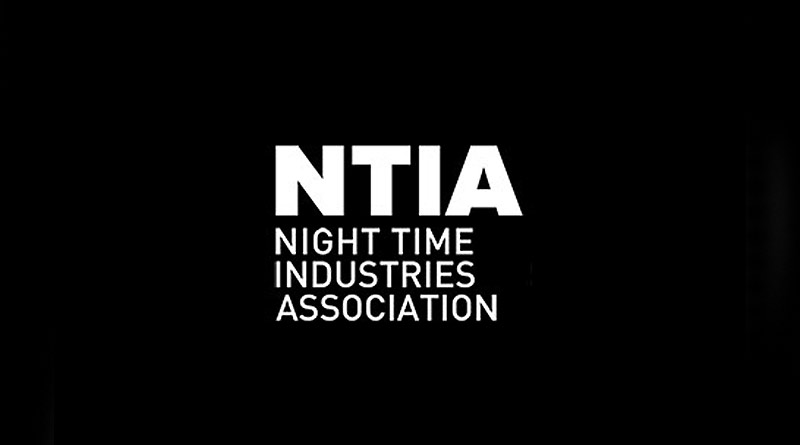Nightclub Closures Slow as Challenging Trading Conditions Persist

The Night Time Industries Association (NTIA) has released figures showing a 32.7% decline in the total activity of the UK’s nightclub sector since March 2020. This equates to a loss of 405 venues, with the number of nightclubs dropping from 1,240 in March 2020 to just 835 in November 2024.
While late 2024 saw a glimmer of recovery for nightclubs in London and the North East, most regions and cities suffered continued declines, and the looming tax raid and high economic uncertainty from April 2025 – when controversial Autumn Budget policies come into force – threatens to quash any potential ray of hope for a sector in need of support.
Although the Golden Quarter—which includes Halloween, Christmas, and New Year—provided a temporary boost, many operators are still grappling with rising costs, including energy prices, wages, and National Insurance Contributions (NICs). The broader financial outlook remains grim, with many businesses experiencing 30-40% higher operational costs than pre-pandemic levels. With the additional burden of reduced business rates relief coming in April 2025, as well as an increase in duty, Employers NIC and wage increases, many night-time businesses face £30,000 to £100,000 in extra costs, exacerbating the already fragile situation.
The NTIA is urgently calling for the Government to introduce tax relief in the Spring Budget to alleviate the substantial strain on the sector. The recent reduction in business rates relief, coupled with the planned tax hikes, is essentially a case of “giving with one hand and taking away with the other,” creating an unsustainable financial burden. The sector needs a balanced and proportionate Budget, and a VAT cut must be a part of the solution. Tax relief and VAT reductions cannot be ignored—without these measures, the sector faces further unsustainable closures, job losses, and long-term damage to the UK economy.
The NTIA is clear that businesses have exhausted all cost-cutting measures and are operating on fine margins. With no more “fat” to trim, the uncertainty heading into 2025 is proving to be even worse than the challenges faced during the pandemic. The ability to survive without intervention is rapidly diminishing.
The statistics released by the NTIA show significant declines across key sectors and regions. The “Free” tenure (Independent Businesses) has fallen by 36.1%, with 348 nightclubs lost in this category alone. Key regions like Wales and Yorkshire have seen declines of over 40%, while other cities such as Birmingham and Liverpool have suffered drops of 38.5% and 31.3%, respectively. However, areas like London and the North East have shown small increases, offering some hope for recovery amid the wider challenges.
Michael Kill, CEO of the Night Time Industries Association, commented:
“While we’ve seen some recovery during the Golden Quarter, the reality is that our sector is still deeply fragile. We’ve already lost hundreds of businesses across the night time economy, who are struggling with unsustainable cost increases, including soaring energy prices and significant increases in wages, NICs, and duties.
“The additional financial burden from the planned tax increases in April 2025 could drive many more businesses to the brink of closure. Operators are working on fine margins, and many have exhausted all possible avenues to cut costs. The uncertainty heading into 2025 is more concerning than anything we saw during the pandemic. The Chancellor must step up with considered support to help businesses survive and protect jobs. The long term strategy rhetoric is important, but there must be a recognition and consideration for the immediate challenges, which are substantial, as we risk further closures and job losses. This environment for many is unsustainable.”
“The NTIA is calling for immediate tax relief in the Spring Budget. The Government must prioritise a balanced, proportionate approach that addresses the severe cost challenges businesses in the night-time economy are facing. A VAT cut and other targeted support measures are essential to ensure the survival and recovery of this crucial sector. Without timely action, the night-time economy faces a real risk of further decline, with significant long-term consequences for businesses, employees, and local communities.”
